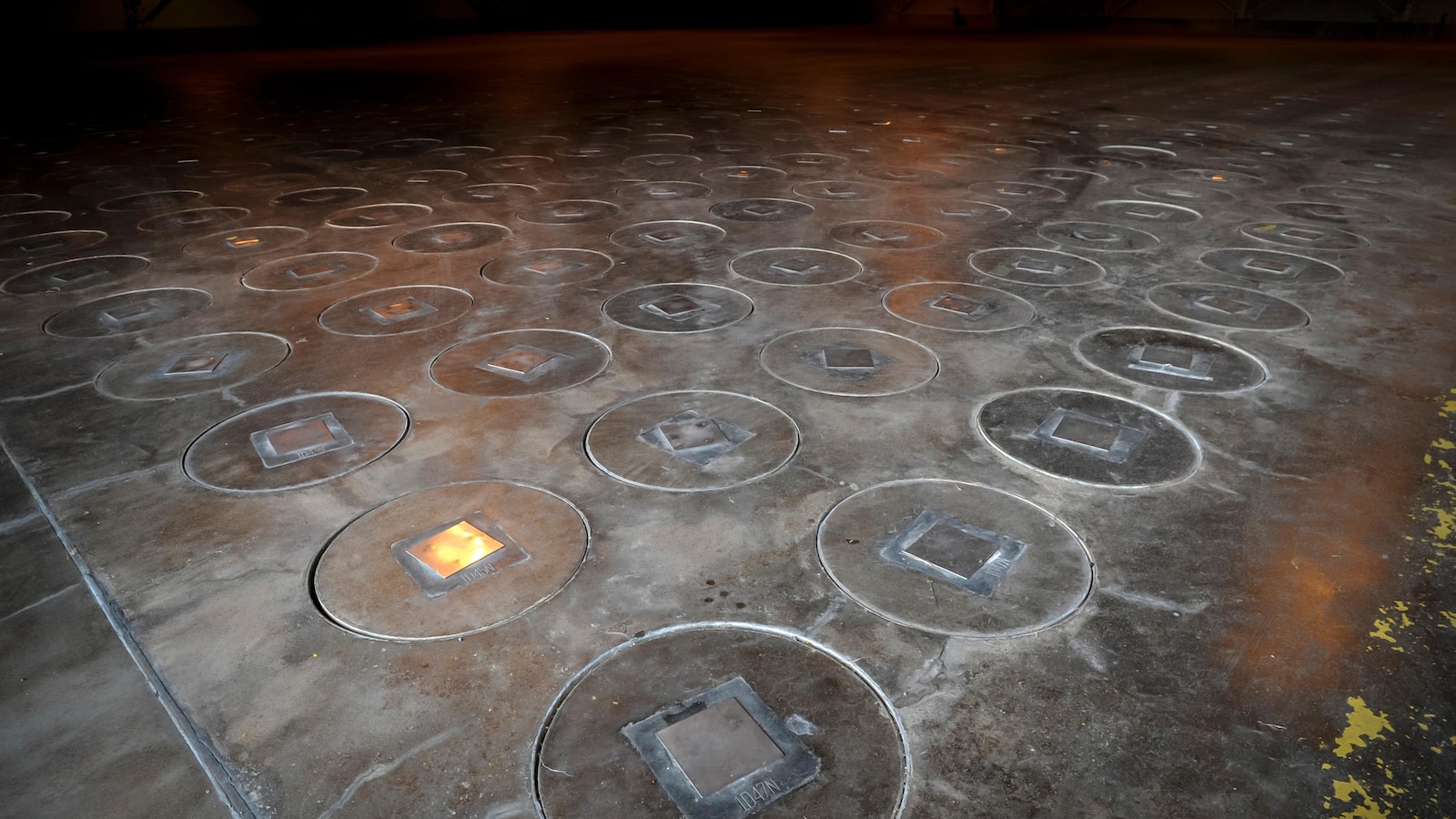China to build first-ever thorium molten salt nuclear power station in Gobi Desert
China is planning to build the world's first-ever nuclear power station using molten salt as the fuel carrier and coolant, and thorium as a fuel source.
Experts say the reactors are "inherently safer" than traditional nuclear reactors and have other advantages, but scientists have long struggled with challenges such as the corrosive nature of the superheated radioactive salts.
Construction on the research facility is due to start next year with operation expected in 2030, followed by full-scale production.
China is planning to build a nuclear power plant on the edge of the Gobi Desert that would be the first in the world to use molten salt as the fuel carrier and coolant.
It would also be the first to use the radioactive metallic element thorium — named after the Norse god — as a fuel source instead of the uranium traditionally used in nuclear reactors.
Molten salt reactors are considered "inherently safer" than traditional water-cooled reactors, but face additional challenges such as the corrosion caused by the superheated radioactive salts and issues with waste disposal.

















